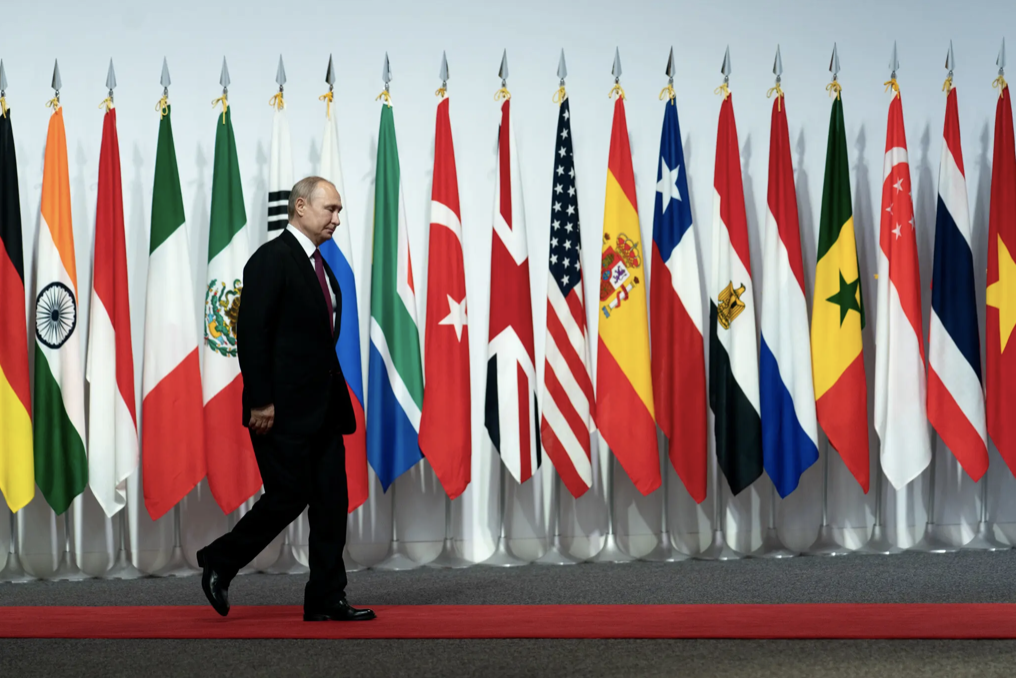As the Russian invasion of Ukraine continues, many have pondered ways to assist the Ukrainian struggle and thwart the Russian advance. Some believe that the U.S. should send troops to defend the sovereign land, while others believe that the United States should not become involved and individuals should instead send funds to Ukrainian nonprofits. Although philosophies differ, economists around the world have recognized one tool as the single most valuable asset to slow the Russian takeover: economic sanctions.
Before exploring the various sanctions imposed on Russia, it is important to fundamentally understand sanctions themselves. Commonly used in foreign policy, according to Investopedia “economic sanctions are penalties levied against a country… either as punishment or in an effort to provide disincentives for the targeted… actions.”
Exploring the first recorded sanction may help to supplement that vague definition and explain how sanctions are used in practice. In 432 BC, the city of Megara and the Athenian Empire were economic rivals. Looking to reduce Megara’s financial power, Athenian officials declared that Megarian traders could no longer enter Athenian marketplaces. Plunging Megara into financial ruin, this decree ensured that the Athenian Empire would overtake Megara. Since the “Megarian Decree,” governments around the world have leveraged the economic power of sanctions to control the actions of their rivals.
Looking to use the prospect of financial ruin to disincentivize further Russian action, the US and other countries have levied similar sanctions on Putin and his government. While Germany has stalled the certification of the Nord Stream 2 gas pipeline to halt the creation of a massive revenue stream for Russia, the EU in its entirety has targeted Russian oligarchs by limiting “Golden Passports,” passports that allow citizenship in return for investments. Other countries have also gone after Russian oligarchs; French officials have pursued the luxury goods of wealthy Russians and Japan has frozen the assets of these same people. While limiting the fiscal mobility of Russian oligarchs may not be a traditional sanction, reducing the power of those in close contact with Putin disincentivizes the Russian leader from continuing his invasion.
Possibly the most impactful of all sanctions was the removal of Russian banks from the Society for Worldwide Interbank Financial Telecommunications (SWIFT). Knocking Russian banks from SWIFT, which is “the high-security network that facilitates payments among 11,000 financial institutions in 200 countries” according to CNN, means that Russia can no longer trade with or access funds in any of the SWIFT affiliated entities. This decision puts immense pressure on Putin to stop the war before the Russian economy collapses.
In conjunction, the many sanctions levied on Russia and its affiliates have sent the country’s economy into a downward spin. “The Ruble hit record lows Monday, sliding as much as 30% against the dollar, while the Russian central bank more than doubled interest rates to 20%,” according to CNN. Although it is yet to be seen whether Putin will halt his unjust invasion of a sovereign country, economic sanctions should help to put an end to this reign of terror.






